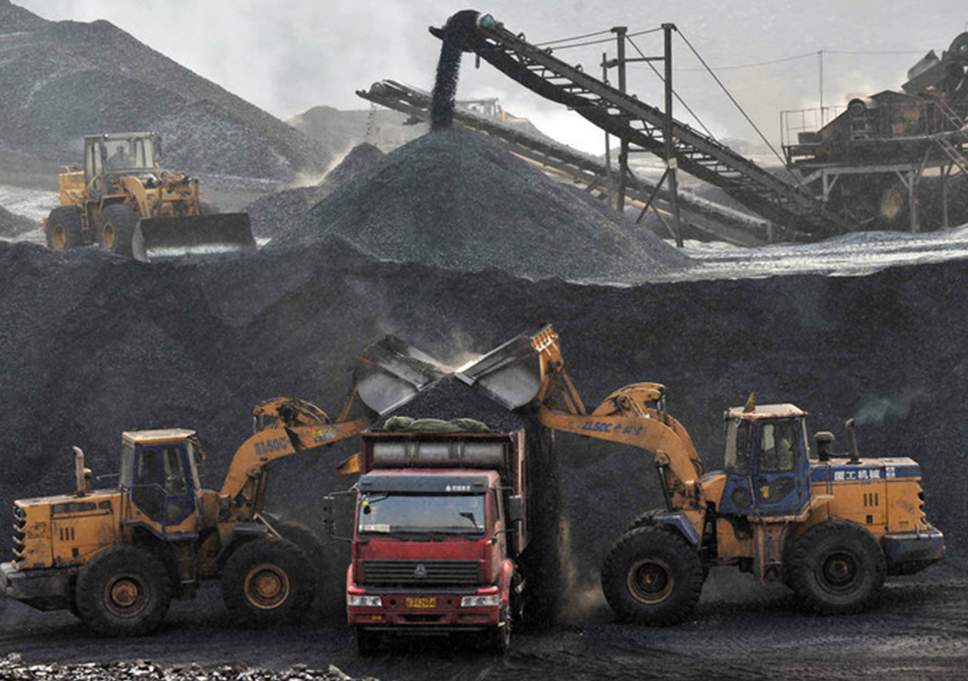US Senators pressure AfDB to block Kenya’s coal project financing

Nairobi has argued the construction of the power plant is a way out to diversifying its energy sources and will be instrumental in powering the $40 billion Lapsset Project

By T. Roble
NAIROBI:The US Senate has added voice to growing pressure on the Kenyan government to drop the controversial Lamu coal project urging the African Development Bank (AfDB) to vote against financing of the $2 billion project.
In a letter dated May 28, 2018 seen by Goobjoog News, the four US senators among them outspoken former presidential candidate Bernard Sanders impressed upon AfDB executive director Tarik Al-Tashani to file a no vote on financing of the project.
“We are writing to urge you to vote against financing the development of the Chinese-backed Lamu Coal Plant in Kenya,” the Senators said building a strong case against the project which has also received a cold shoulder from the European Union and several local and international pressure groups.
“Not only is the project financially unsound, it would also tarnish Kenya’s reputation as a leader in clean energy, worsen environmental quality, and result in millions of tonnes of annual carbon dioxide emissions,” the Senators warned.
The project jointly implemented by Amu Power a Kenyan consortium and a group of Chinese companies is expected to generate 1,050 megawatts, estimated to be equivalent to 44 per cent of Kenya’s current installed power capacity of 2,400 megawatts.
DIVERSITY ENERGY SOURCES
But Nairobi has argued the construction of the power plant is a way out to diversifying its energy sources and will be instrumental in powering the $40 billion Lamu Port-South Sudan-Ethiopia-Transport (LAPSSET) Corridor project. The LAPSSET Corridor Program is billed as Eastern Africa’s largest and most ambitious infrastructure project bringing together Kenya, Ethiopia and South Sudan.
But opponents of the project see it not only as an unnecessarily costly project but also detrimental to the environment. Coal, considered one of the worst polluting fossil fuel powered the industrial age but has now been dropped by many countries as destructive to the environment and a major contributor to global warming.
CLIMATE GOALS
According to a statement from the Ministry of Finance early this year, Kenyans will be forced to pay $360 million annually to the contractors as ‘annual fixed capacity payments’. This is irrespective of whether the developers generate electricity or not. To sustain the project in the initial phase, Kenya will import coal from South Africa at the cost of $50 per tonne until it extracts and transports the coal in Kitui County, some 350 kilometres south west of Lamu.
“The development of the Lamu Coal Plant would be counterproductive to Kenya’s climate goals and would set back the country’s progress in building a sustainable energy system,” the Senators argued.
The coal project is expected to produce about 8.8 million megawatt-hours (MWh) of electricity annually with each MWh assessed to result in one tonne of carbon dioxide (CO2) making a total of 8.8 million tonnes of CO2 per year.
AFRICAN INDEBTEDNESS
Besides the environmental effects, the US Senators reiterated concerns earlier raised by Washington over Africa’s indebtedness to China.
“The Lamu Coal Plant would increase African indebtedness to China and potentially undermine African partners’ long term economic health,” the Senator argued urging AfDB to ‘consider projects that tap into Kenya’s tremendous and low-cost resources.”
During his first and last assignment to Africa in March, then Secretary of State Rex Tillerson sounded wary on Africa’s appetite for Chinese loans and concessions.
“Oftentimes, the financing models are structured in a way that the country, when it gets into trouble financially, loses control of its own infrastructure or its own resources through default,” Mr Tillerson said. African nations should “not forfeit any elements of your sovereignty as you enter into such arrangements with China”, he warned.